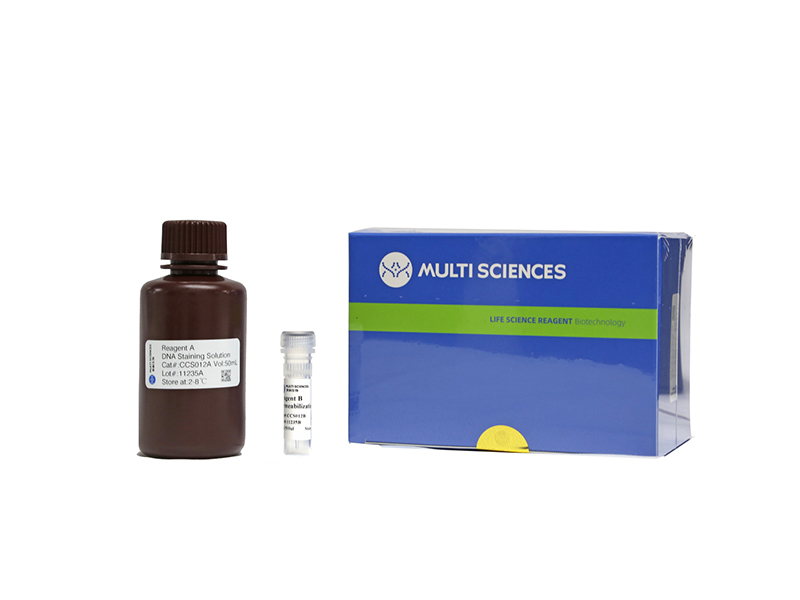AIM: Adrenocortical carcinoma (ACC) is characterized with excessive hormone production. We therefore investigated expression of hormone-related genes in ACC. RESULTS: We queried status of 14 key genes directly involved in adrenal hormone production and found HSD17B4 expression was upregulated in 39% of ACC cases on top of all queried genes. Overexpression of HSD17B4 was significantly associate with a normo-hormonal phenotype. Constitutive HSD17B4 expression was higher in ACC cell line NCI-H295R than in adrenocortical small cell carcinoma cell line SW13. NCI-H295R cells with HSD17B4-knockdown (KD) demonstrated significantly inhibited proliferation, increased apoptosis, and increased cell cycle arrest. Enrichment analysis for mRNA expression in ACC samples with or without HSD17B4 overexpression showed significant change in p53 pathway. Replenish of HSD17B4 in SW13 cells and knockdown of HSD17B4 in H295R cells confirmed alterations in MDM4, ATR, and IE24 with alterations more contrasting in H295R cells. HSD17B4-KD inhibited cell invasion, migration and anchorage independent growth of NCI-H295R cells, but not of SW13 cells. MATERIALS AND METHODS: Clinical and genetic data of ACC samples were reproduced from the ACC dataset of The Cancer Genome Atlas (TCGA) database using cBioPortal. Genes participating in adrenal hormone production were queried. Association between gene status and hormone release were studied and in vitro assays using RNA interference were carried out. CONCLUSIONS: Overexpression of HSD17B4 exerted tumor suppressive function in adrenocortical carcinoma and was not related to hormone excess. Crosstalk between HSD17B4 and p53 warrants further investigation.
文章引用产品
-
-
- CCS012
- 周期试剂盒
Cell Cycle Staining Kit 细胞周期检测试剂盒
-
¥390.00
-
- CCS012
- 周期试剂盒
Cell Cycle Staining Kit 细胞周期检测试剂盒
- ¥390.00



